CA How-To: Get Penalty & Interest Paid
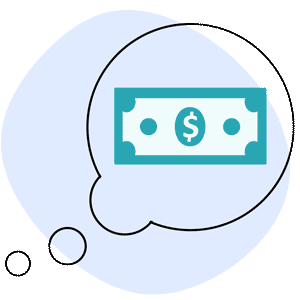
When a bill is not paid, doctors often ask, “What about penalties and interest?”
In California workers’ comp, penalty and interest payments are — in theory at least — consequences for claims administrators that fail to timely pay providers’ bills for treating injured workers. Below we explain how the lack of adequate California regulations make collecting these payments practically impossible for providers.
When the claims administrator fails to remit payment within the mandated time frames (outlined below), the claims administrator owes penalty and interest payments directly to the provider. In theory, penalty and interest payments should both:
- Compensate the provider for expending administrative resources chasing down late payments
- Act as a deterrent against untimely reimbursement
California law mandates penalties and interest when payers fail to timely pay a workers’ comp bill. However, when the payer fails to pay penalties and interest, the Division of Workers’ Compensation (DWC) offers providers neither a billing process nor an appeal mechanism to collect unpaid penalty & interest payments.
Filing a lien is the only method available to providers to collect penalty and interest payments from payers that failed to remit these payments. Why? Because California workers’ comp is rigged to protect payers’ profits (rather than pay doctors that treat injured workers).
Penalties & Interest: Time Frames & Calculations
California law establishes the mandatory time frames for paying provider bills for workers’ comp medical treatment, as laid out in The Division of Workers’ Compensation (DWC) Medical Billing and Payment Guide:
Bill Format |
Payment Deadline (Non-Government Employer) |
Payment Deadline (Government Employer) |
Electronic (e-bill) |
Within 15 working days of receipt of the e-bill |
Within 15 working days of receipt of the e-bill |
Non-electronic (paper bill) |
Within 45 calendar days of receipt of the paper bill |
Within 60 calendar days of receipt of the paper bill |
But of course, claims administrators don’t always meet the above time payment deadlines.
For that reason, California Labor Code Section (LAB) 4603.2(b)(2) mandates that:
A properly documented list of services [i.e. a bill] provided and not paid at the rates then in effect under Section 5307.1 within the 45-day period shall be paid at the rates then in effect and increased by 15 percent, together with interest at the same rate as judgments in civil actions retroactive to the date of receipt of the itemization…[emphasis added]
In plain language, when the claims administrator fails to timely remit payment, the claims administrator is obligated to pay the provider a 15% penalty and 10% accrued interest per annum (retroactive to the date the claims administrator received the bill) as follows:
Bill Format |
Penalty and Interest Payments Due (Non-Government Employer) |
Penalty and Interest Payments Due (Government Employer) |
All bill formats: Electronic (e-bill) and non-electronic (paper bill) |
45 calendar days after receipt of the e-bill |
60 calendar days after receipt of the e-bill |
Note: despite the deadline for payment being much shorter for e-bills (15 working days), penalty and interest payments are due if a claims administrator fails to pay the e-bill within 45 days (60 days for government employers) after receipt of the bill.
However, payments for e-bills sent after the 15-day deadline are subject to Target Audits and penalties.
Why Claims Admins Fail to Pay Penalties & Interest
In an extremely on-brand policy, the DWC Guide dictates that the penalty and interest payments outlined above are “self-executing” for claims administrators. In other words, claims administrators are trusted to remit penalty and interest payments out of the goodness of their hearts.
Providers cannot bill for penalties and interest, nor does the DWC or any other entity compel the claims administrator to remit these self-executing fines. The DWC relies on an “honor system” that clearly works in the delinquent payer’s interest. Yet, again the DWC is caught protecting payer profits rather than providers that heal injured workers.
As is so often the case, the only way for providers to pursue appropriate payment is to expend even more administrative resources. When the claims administrator fails to “self-execute” penalty and interest payments, the provider’s only recourse is to pay $150 to file a lien with the Workers’ Compensation Appeals Board (WCAB) for each injury where the DWC’s honor system failed.
Protect your practice revenue. Harness the power of daisyBill software, data, and expertise for faster, better workers’ comp billing.
SCHEDULE A DEMO
DaisyBill provides content as an insightful service to its readers and clients. It does not offer legal advice and cannot guarantee the accuracy or suitability of its content for a particular purpose.
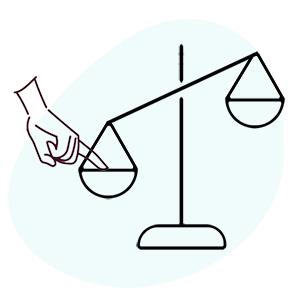
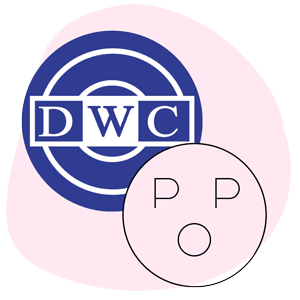
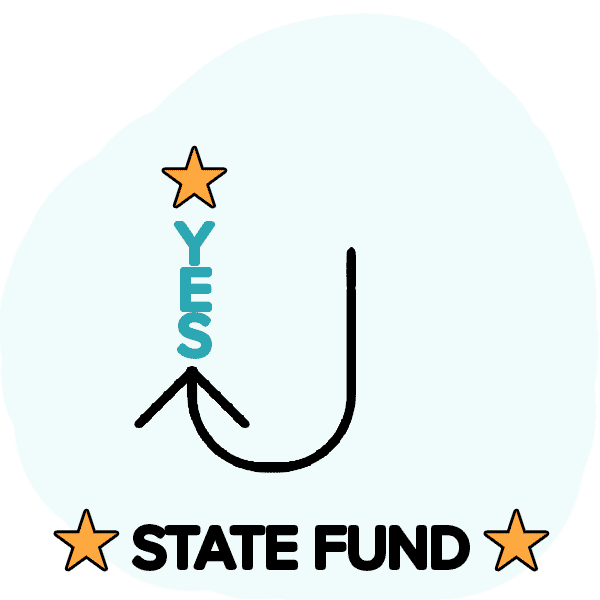

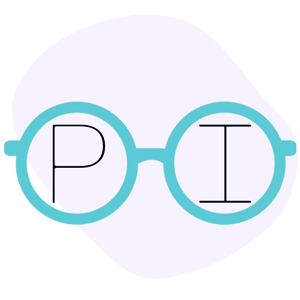.gif)
Does this also apply to Skilled Nursing Facilities?